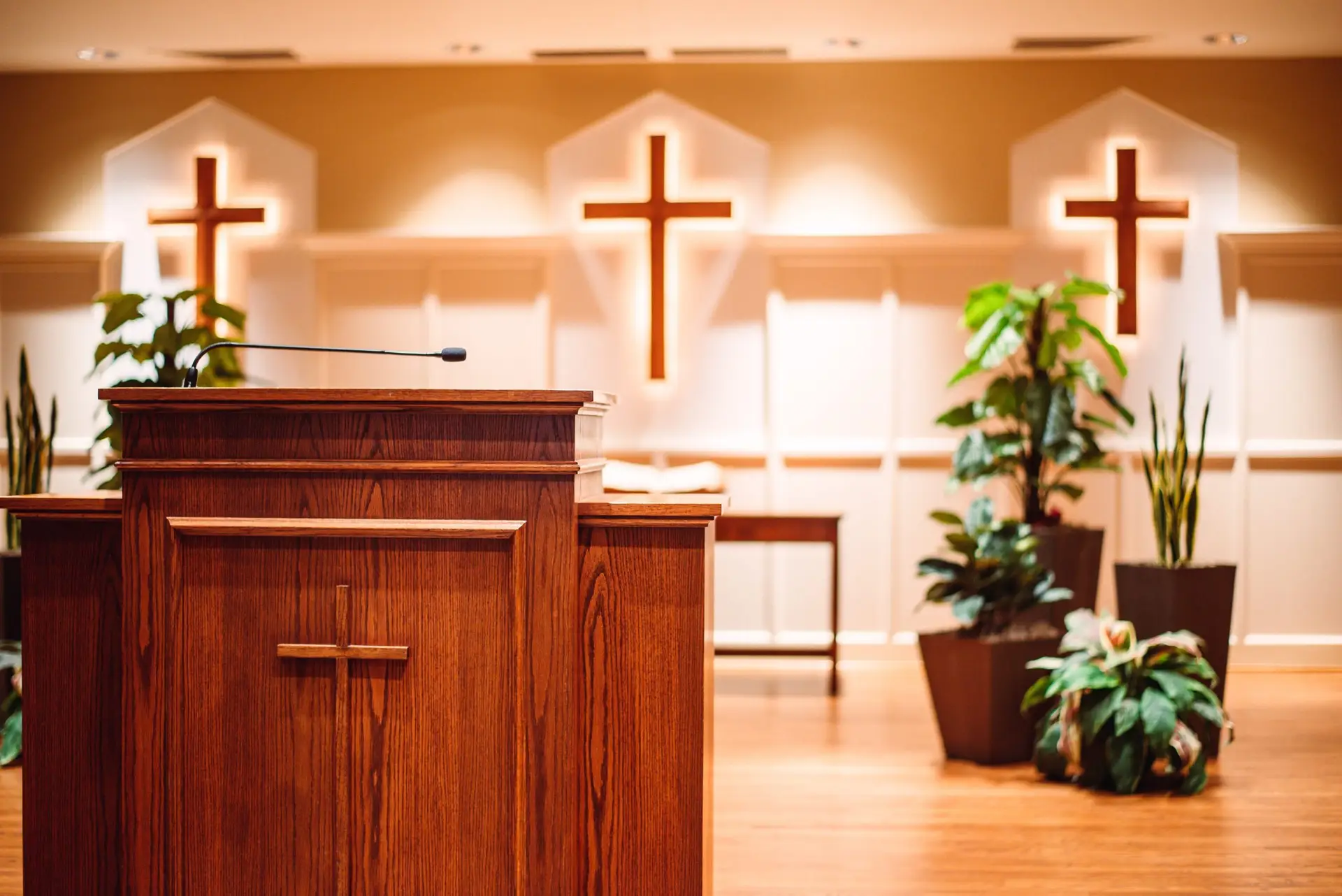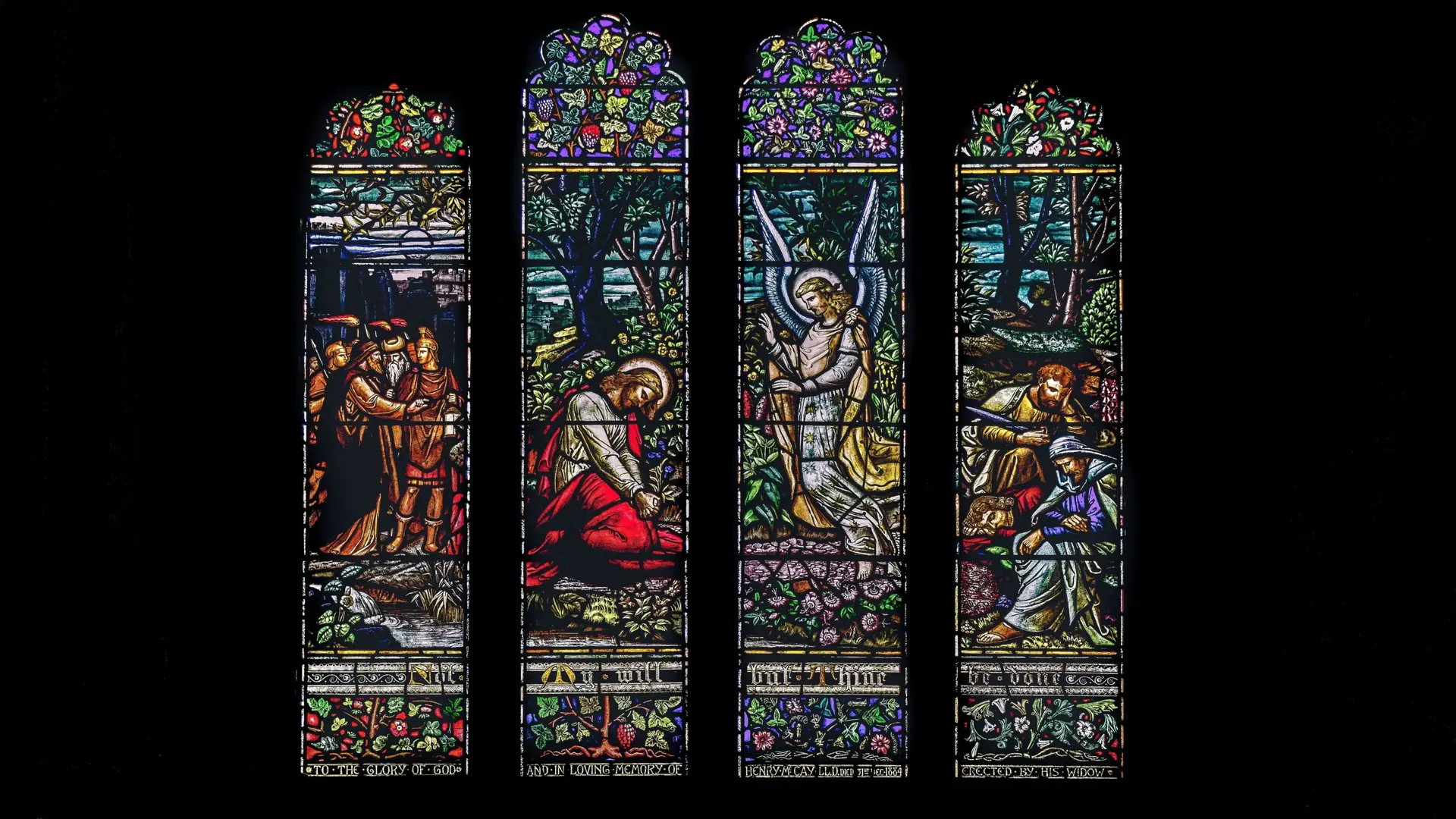
Using the term Pastor
Whether or not one can clarify a sub-point or two of a widespread debate without getting caught up in the whirlwind of the major issue itself is questionable. Still, I am going to try. My goal is only to call attention to some historical information that may be worth considering as the current dispute about women being ordained to various pastoral roles goes forward.
By now it seems common knowledge that on Mother’s Day, Saddleback Church in California ordained three women as pastors of specific ministries in that congregation. One of the women works with children and now carries the title Next Generation Ministries Pastor. Another leads the church’s pastoral care ministry and will be called Pastor of Pastoral Care. The third works with students. She has been referred to as Student Ministries Pastor in recent news stories.
Rick Warren is pastor of Saddleback Church and is probably the best known Southern Baptist pastor in the world through his immensely popular and influential series of Purpose Driven books. Saddleback is also the second largest church in the SBC with more than 28,000 average attendance each week at its various campuses.
What Saddleback Church and Rick Warren do are important because of the influence and example their ministry has across the United States and around the world. Also, the timing of the ordination of three of their long-time women staff members as pastors comes on the heels of Beth Moore’s departure from Southern Baptist life because of the way women are treated in SBC life. Moore was our denomination’s best known woman author, speaker and conference leader.
Reaction to Saddleback’s decision has been swift and, for the most part, negative from their fellow Southern Baptists. And it is here I want to remind of what was said in 2000 when Southern Baptists voted to add the phrase “the office of pastor is limited to men as qualified by the Scripture” to their statement of faith.
Albert Mohler, one of the nine members of the committee that helped draft the 2000 edition of the Baptist Faith and Message Statement of Faith (BF&M), responded to Saddleback’s action by saying, “You will also find no reference to a ‘senior’ pastor (in the BF&M). A pastor is a pastor and ‘the office of pastor is limited to men as qualified by Scripture.’”
In 2000 other members of the drafting committee offered a different understanding of the phrase. For example, Steve Gaines, former SBC president, was pastor of First Baptist Church, Gardendale, Alabama, at the time and a member of the drafting committee. In an interview with The Alabama Baptist published May 25, 2000, Gains explained the pivotal reference “the office of pastor is limited to men” to refer only to the senior pastor position.
“Other staff positions and ordinations are all individual church matters,” he said. He went on to explain that he had women serving as ministry leaders in his own church and this proposed addition to the BF&M would do nothing to jeopardize their positions of service leadership.
In the same article Hunter Street Baptist Church pastor Buddy Gray, then president of the Alabama State Baptist Convention, supported Gaines’ understanding. He agreed that men should serve as senior pastors, adding “the good thing (about the statement) is that more women than ever are involved in full-time ministry.”
He added the proposed statement “opens all the other roles for them” as ministers.
Do not be confused by the term minister. Baptists have interchanged that term and pastor forever. The point is that in Alabama and elsewhere the proposed edition to the BF&M was explained as referring to senior pastor. That is the only person who carries the title pastor without any limiting adjective to clarify the title.
In that same interview, Gaines explained that “the document (the proposed BF&M) will not be used as a standard to deny churches association with the SBC.” Gaines said it was “merely a consensus of the majority of Southern Baptists on theological issues.”
“We are not a religious hierarchy,” he said. “We can’t tell anyone what to do.”
Again, Mohler sees it differently today. In the same article reacting to Saddleback, he wrote, “The BF&M is the summary of Baptist beliefs that define what it means to be a cooperating Southern Baptist and a church ‘in friendly cooperation with’ the Convention.”
In other words, Mohler argues one must believe and practice in accordance with the 2000 BF&M in order to be a Southern Baptist. One can only wonder how he could have called himself a Southern Baptist during his years of denominational service prior to 2000 when he disagreed with many parts of the 1963 BF&M.
One final point. In his reaction article, Mohler stated, “We (Baptists) have no theology of an ordained ministry. We have no theological basis for making ordination the determinative issue in anything. You will find no evidence of an ordination theology in any historic Baptist confession of faith.”
I believe he is exactly right at that point. History teaches that when Baptists have done ordination, it was done in a variety of ways across the centuries. Ordination has been for a particular ministry in a particular local church. Today ordination follows the ordained from place to place and position to position. Early in America, Baptist ordination was reserved for the association, the only organized Baptist body of that day. At other times ordination has been done by the local church.
In days past Baptists did not ordain music directors or religious education directors or church administrators. Now we call them worship pastors, discipleship pastors, executive pastors and other similar titles.
Function and office have always gone together, and they still do. There is a difference between being pastor of the church and being the church’s children’s pastor. The titles do not confuse the functions.
Time changes both understandings and perspectives. Perhaps that has happened with the words of this debate. Still, being reminded of what was said when this addition to the BF&M was written may be helpful as the arguments about titles applied to various offices in the church continues to roil.



